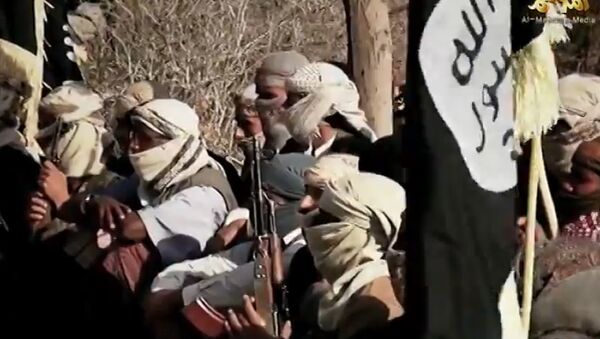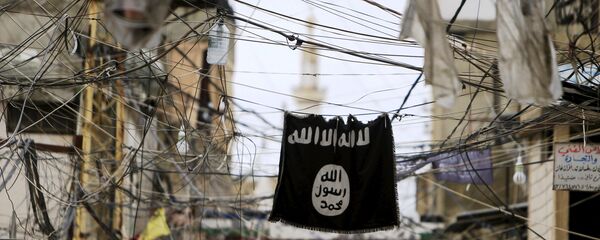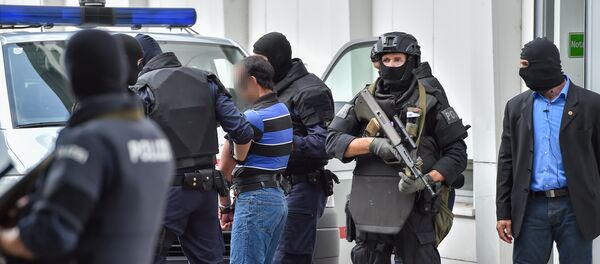Published on Saturday, it has already been branded by some experts as one of the most dangerous clips that Daesh (also known as Islamic State/ISIL/ISIS/IS) has ever produced due to the gruesome details it goes into.
When asked how this propaganda war could be countered, she said that it was very hard to counter such propaganda because “we need to have an army 24/7, a cyber army to wage such a war.”
“Attacks by ‘lone wolves’ are a serious and long-lasting threat because it is very hard to predict such attacks because these people work without any network and because of the absence of a network it is hard to detect ‘lone wolf’ attackers.”
Profiling is not possible and every life story is unique so it is very hard to say if this kind of individual is going to turn into a jihadist. Because of the difficulty in predicting such attacks it is very hard to devise any proper counterterrorism methods.
Speaking about the measures being taken by the state towards this regard, Dalia Ghanem-Yazbeck said that she preferred to talk about an “alternative narrative” of teaching Europeans and Muslims of what Islam is really all about.
She also said that religious motivation was really at the bottom of the list as people who carried out terrorist attacks were motivated more by their desire to be respected, by all kinds of economic and political reasons.
“I met with a former jihadist who had never touched the Koran in his life, so I do believe that the state should work on the social and political levels rather than working on the religious motivation because most of the time the motivational factor is a mix of psychological, social, economic and personal issues.”
When asked whether Daesh, which has recently suffered numerous defeats, was now trying to rebrand itself into some kind of an ideal brand of terrorism, like al-Qaeda, Dr. Ghanem-Yazbeck said that each time the group would lose a battles it would try to compensate on the virtual level.
“This has been their tactic from day one – to scare people and by choosing lone wolf attacks is very symbolic because the impact of leaderless jihadists may create an image of a large-scale terrorist organization that can strike anytime and be anyone among us,” she emphasized.
This is hardly the first time Daesh has seeked to trigger a wave of lone wolf attacks in the West. The first call for such actions came in 2014, and the group’s propaganda efforts did not stop there.
Later on, as the group found itself losing momentum in Syria and Iraq, its leaders renewed calls for attacks at Westerners.
This resulted in several Daesh-inspired terror acts, with the Nice attack and San Bernardino shooting among them.






